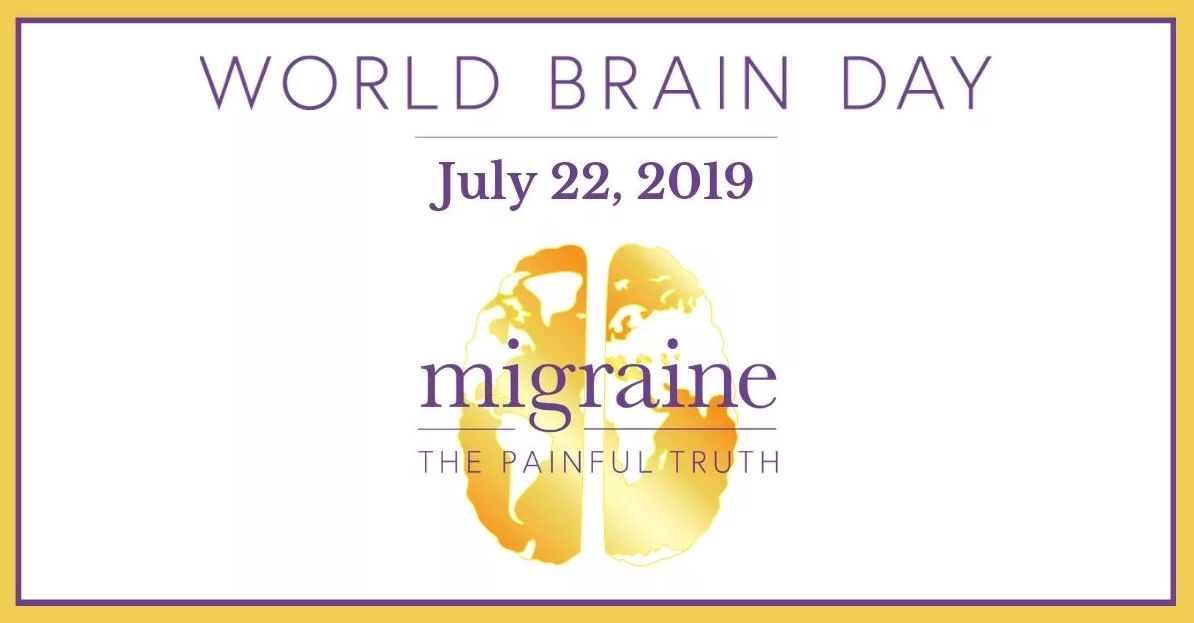This year’s World Brain Day, July 22, is aimed at raising awareness of the most common brain disease in the world: migraine. It affects more than 38 million Americans and is the second leading cause of disability worldwide.
Despite its impact, migraine is also under recognized, under diagnosed and under treated. Lack of education and access to appropriate clinical care and treatment contribute to this unfortunate reality, which ultimately hurts and further stigmatizes people living with the condition.
Coalescing around this year’s World Brain Day theme, “Migraine: The Painful Truth,” advocates including the Headache and Migraine Policy Forum and the Alliance for Patient Access’ Headache and Migraine Disease Working Group work to highlight challenges facing people with migraine – challenges such as:
- Workplace issues. Simple accommodations can help women continue to be active members of their workplaces, as explained in this graphic and white paper.
- Access to combination therapy. People with migraine have long depended on combining medications to combat painful attacks. But insurance barriers now make some of the most effective combinations hard to access, as demonstrated in this infographic.
- Insurance denials. Across the country, insurance companies deny people with migraine access to the treatment they need. Each state has a consumer services office that can help appeal insurers’ denials, as outlined in this guide.
- Prescriber restrictions. Some health plans limit which clinicians can prescribe certain, targeted medications. These restrictions lead to long waits for patients and burnout for specialists, as shown in this graphic.
- Treatment and access barriers. Non-medical switching, prior authorization and punishment for performance are just a few of the techniques insurers use to keep headache and migraine patients from accessing the treatments they need, as explained in this white paper.
World Brain Day 2019 highlights the importance of increasing education about migraine, reducing stigma associated with the condition, expanding access to treatments and in turn, improving the health and lives of people living with migraine disease.
To share these tools and join the World Brain Day conversation on social media use #thepainfultruth and #worldbrainday.





